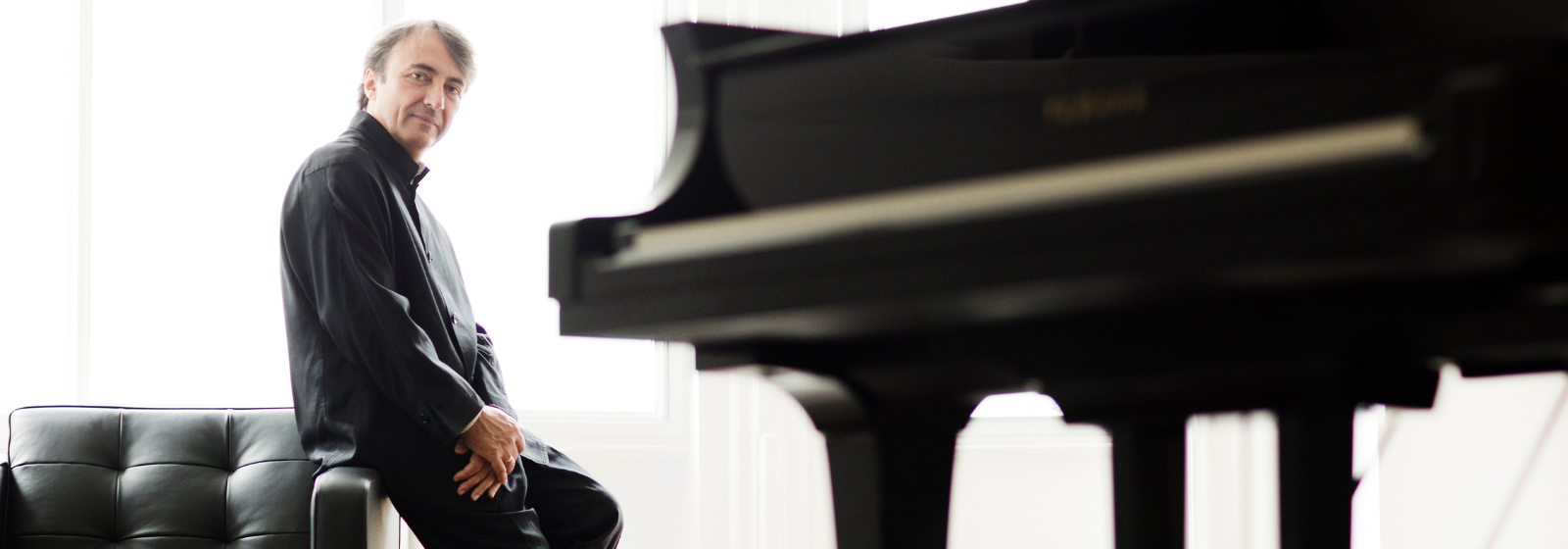
Budapest
DOHNÁNYI, BARTÓK, BEETHOVEN – JEAN-EFFLAM BAVOUZET
Kocsis season ticket 3
ERNST VON DOHNÁNYI: Symphonic Minutes, Op. 36
BÉLA BARTÓK: Symphony No. 3 in E major, Sz. 119, BB 127
***
LUDWIG VAN BEETHOVEN: Symphony No. 3 in E-flat major, “Eroica”), Op. 55
Jean-Efflam Bavouzet piano
Hungarian National Philharmonic Orchestra
Conductor: György Vashegyi
It was in 1933 that Ernst von Dohnányi composed his five-movement orchestral series of character pieces Symphonic Minutes, whose elegance, richness of colour and wit made it one of the most popular hits of his oeuvre. Listening to the interpretation of the exceptionally evocative pianist Jean-Efflam Bavouzet in the middle number of György Vashegyi and the HNPO’s programme, we can observe how Bartók’s late style lends Classical Mozartian clarity to his Third Piano Concerto, while Beethoven’s ‘Eroica’ symphony does just the opposite: showing how the great musical revolutionary surpasses the limits of classical music.
For the third evening of the Kocsis Season Ticket, the Hungarian National Philharmonic Orchestra has devised a concert programme divided between 20th-century Hungarian music and the 19th-century Viennese Classicists. This will be recent Kossuth Prize-winner György Vashegyi’s first time conducting Ernst von Dohnányi’s sparkling series of movements Symphonic Minutes: although the colorfully orchestrated and witty cycle enjoyed great popularity after it was written in 1933, today it does not receive the attention it deserves. Bartók’s Third Piano Concerto, the composer’s swan song, is a true 20th-century classic, including in the sense that in this farewell piece written in America, the composer adopts a gentle Mozartian tone compared to his previous scratchy and rough style – and this is no surprise, since he intended the composition for his wife, Ditta Pásztory. Breathing life into the score this time will be the extraordinarily knowledgeable and singularly evocative French virtuoso Jean-Efflam Bavouzet. The second part of the evening will be turned over to the Viennese Classicists, or more precisely, to the moment when Beethoven begins to stretch the formal, spatial and tonal boundaries of the Classical style with his ‘Eroica’ Symphony No. 3 in E-flat major.

